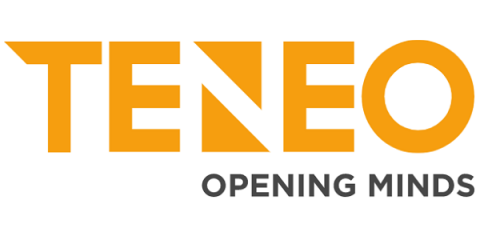Hardware Tracking: Why it Matters And How to Implement it
Keeping your IT infrastructure organized and functioning well requires several systems, and hardware tracking is one of them. Managing the location, condition, and lifecycle of hardware assets like computers, servers, and networking equipment can be challenging. Without proper tracking, organizations often face unexpected costs, underutilized resources, and compliance issues. But with the right system in place, hardware tracking can be straightforward and highly beneficial.










